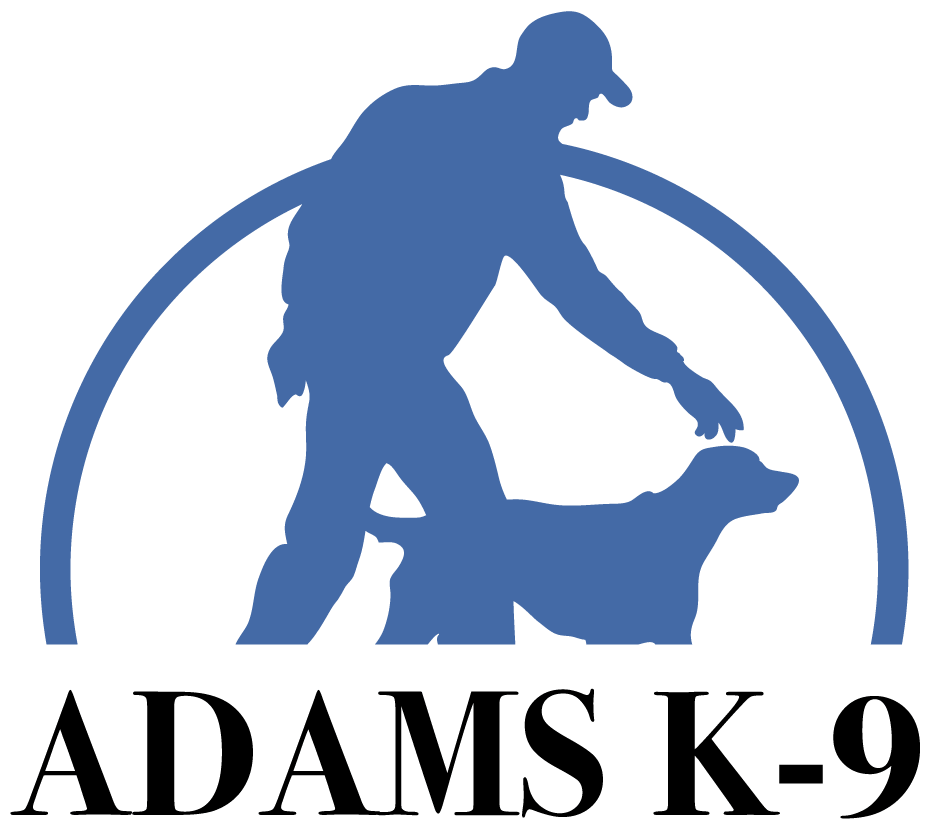How Happy Is Your Dog?
I just finished a book by Jesse Itzler named Living With The Monks. Jesse is an entrepreneur who is married, has four kids and is a marathon runner. He’s a busy guy. He got permission from his wife and decided to go and live with Monks in upstate New York for two weeks. There was no phone, no internet, lots of peace and quiet and time to think. When he first arrived one of the Monks asked, “Jesse, what is your Why?” Jesse really couldn’t come up with a good answer, but he certainly didn’t want to say “It’s because I want to write a book about my experience”.
The real theme of the book, and the ending, was about happiness. Are you happy? Think about it, how happy are you from a 1 -10 scale? 1 would be “extremely depressed, life sucks” and 10 would be “Happy Happy, Joy Joy!”
Now, think about your dog. How happy is your dog? From 1 – 10. If you are not sure, let me help you.
Take one point off for each issue listed behavior below
- Barking
- Leash Pulling
- Jumping
- Hyperactive
- Won’t come when called
Take two points for each of the following
- Nervousness
- Biting
- Aggression
- Reactive
- Illness
- Separation Anxiety
7 is the equivalent of 70 percent, or a C. If your dog is a 7 or below, it’s up to you to help your dog live a happier life. There is medication for people that are sad, and and it’s the same for dogs. If your dog has anxiety, aggression, or nervousness check with your Veterinarian on possible medications that may help your dog live a happier life. Exercise is another option that can help with behavior issues, and I am not talking about a 20=minute walk. A 20-minute walk is good for starters, but I am talking about some good cardio exercise for 30-40 minutes. Training and introducing structure in your dog’s life can also yield some wonderful results.
You can also help your dog by treating your dog as a dog, and not as a human. You never see wild animals with anxiety, and that’s because they are not being messed by humans. I have never seen a nervous wolf. All dogs need to be loved and we want love back from them, but everything is good in moderation. Too much affection can cause problems. I see it all the time; while the dog is having some sort of behavior issue, the owner is petting the dog. You are not helping but encouraging the behavior by praising the dog when it is not happy. Timing is everything.
Dogs want love, exercise, and rules. Dogs do not like inconsistency, change, or not knowing what is expected. Inconsistency and change can cause stress and make dogs nervous. Stress and nervousness are the cause of many behavior issues including aggression, house-breaking issues, and separation anxiety. The happy dog is not biting, growling, or shredding your couch. If your dog is showing some behavior issues, you have to consider your dog may not be happy. There may be stress in his life. Figure out what is causing his stress (lack of exercise, structure, consistency) and make some changes to see if you see a difference. Sign your dog up for some training, or if your dog is well-trained, consider doggie daycare, agility, or a scent class.
If you are not sure what to do with your stressed-out dog, talk to your veterinarian or have your dog evaluated by a professional. At Adams K-9 in West Michigan, we offer free evaluations every Monday through Friday. It’s easy to do and we are just phone call or email away so contact us today and see how we can help your dog have a happy life.
Related Posts You Might Enjoy
How To Teach A Dog To Track
Persistence is the key to dog training. Without it, you don’t have control and you will not have a reliable recall. Persistence is to continue steadfastly or firmly in some state of purpose, course, or action – especially in spite of opposition.
Love Your Dog Love Your Dog’s Behavior
Spring has sprung and there’s probably no place your dog would rather be right now than outside with you. If you live in the West Michigan area, there are many activities that can provide you and your pup with hours of fun. Here are just a few ideas to do with your dog during spring in West Michigan.
Activities to do in Spring with Your Dog in West Michigan
Spring has sprung and there’s probably no place your dog would rather be right now than outside with you. If you live in the West Michigan area, there are many activities that can provide you and your pup with hours of fun. Here are just a few ideas to do with your dog during spring in West Michigan.




